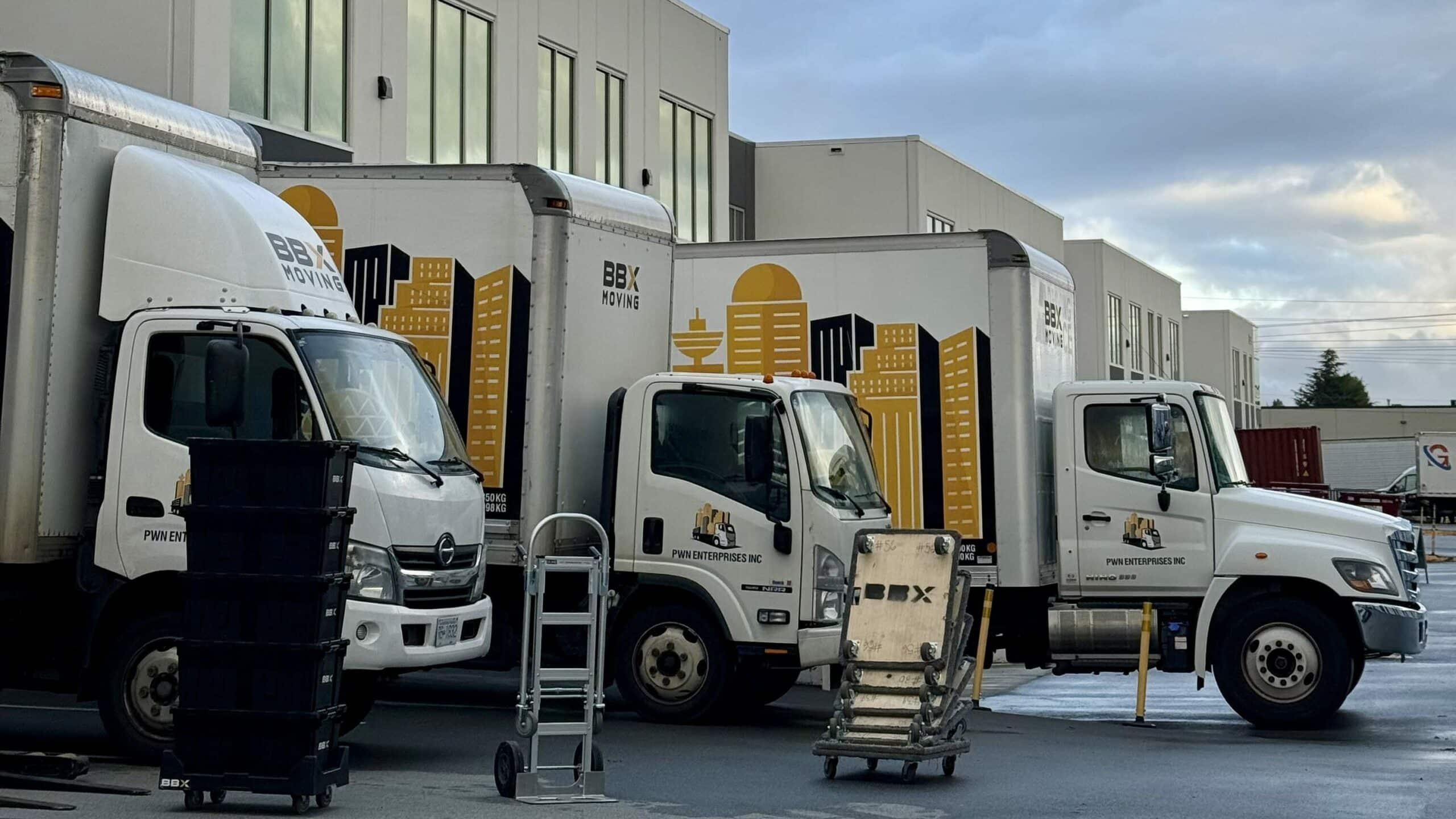Long-distance moving states or countries can be both exciting and overwhelming. Unlike local moves, long-distance relocations require meticulous planning, budgeting, and coordination. Whether you're moving for a new job, family reasons, or a fresh start, understanding the intricacies of long-distance moving is crucial. This comprehensive guide delves into the top five essential aspects to consider, ensuring a smoother transition to your new home.
1. Plan and Book Early
Long-distance moves demand more lead time than local ones. Experts recommend initiating the planning process at least 8 to 12 weeks before your desired move date. This time frame allows ample opportunity to research moving companies, compare quotes, and secure your preferred moving date. Early planning also provides a buffer to address unforeseen challenges, such as obtaining necessary permits or handling last-minute changes.
Key Steps:
- Research Moving Companies: Start by identifying reputable long-distance movers.
- Compare Quotes: Obtain estimates from multiple companies to ensure competitive pricing.
- Check Availability: Ensure your chosen mover is available on your preferred date.
- Organize Documents: Gather all necessary paperwork, including contracts and inventory lists.
2. Choose a Reputable Moving Company
Selecting the right moving company is paramount to a successful long-distance move. A trustworthy mover will handle your belongings with care, provide transparent pricing, and offer reliable customer service.
Tips for Selection:
- Verify Credentials: Ensure the company is licensed and insured.
- Read Reviews: Check online reviews and testimonials to gauge customer satisfaction.
- Ask Questions: Inquire about their experience with long-distance moves, handling of fragile items, and dispute resolution processes.
- Understand the Contract: Review all terms and conditions, ensuring clarity on services provided and associated costs.
Explore our long-distance and commercial moving services
3. Create a Comprehensive Moving Checklist
A detailed checklist serves as a roadmap for your move, helping you stay organized and on track. Breaking down tasks into manageable steps can alleviate stress and ensure nothing is overlooked.
Checklist Components:
- Inventory Management: List all items to be moved, noting their condition and value.
- Packing Schedule: Allocate timeframes for packing different rooms or categories of items.
- Essential Items: Prepare a separate bag with necessities like toiletries, medications, and important documents.
- Address Updates: Notify relevant parties, including banks, utilities, and postal services, of your change in address.
4. Budget for All Moving Expenses
Long-distance moves can be costly, with expenses extending beyond just transportation. Creating a comprehensive budget helps in anticipating costs and avoiding financial surprises.
Budget Considerations:
- Moving Company Fees: Include charges for packing, loading, transportation, and unloading.
- Packing Supplies: Account for boxes, tape, bubble wrap, and other materials.
- Travel Costs: Consider expenses for fuel, lodging, meals, and vehicle rentals if applicable.
- Insurance: Factor in the cost of insuring your belongings during transit.
- Temporary Accommodation: If there's a gap between moving out and moving in, budget for interim housing.
BBX provides accurate estimates up front—no hidden fees or game-playing. Check out our plastic box rentals to avoid last-minute supply runs.
5. Prepare for the Unexpected
Even with meticulous planning, unforeseen challenges can arise. Being prepared for contingencies ensures you're equipped to handle any hiccups during the move.
Preparation Tips:
- Flexible Scheduling: Allow buffer days in your timeline to accommodate delays.
- Emergency Contacts: Keep a list of essential contacts, including the moving company, utility providers, and emergency services.
- Backup Plans: Have alternatives in place for accommodations, transportation, and storage in case of unexpected issues.
- Stay Informed: Monitor weather forecasts and news updates that might impact your move.
Conclusion
Embarking on a long-distance move is a significant endeavor that requires thorough preparation and informed decision-making. By planning early, selecting a reputable moving company, maintaining an organized checklist, budgeting appropriately, and preparing for unforeseen circumstances, you can navigate the complexities of relocation with confidence. Remember, the key to a successful move lies in the details, so take the time to plan meticulously and seek assistance when needed.

